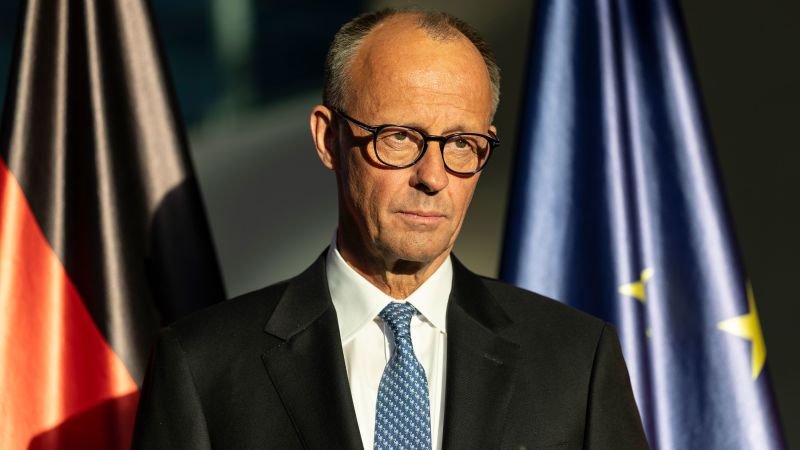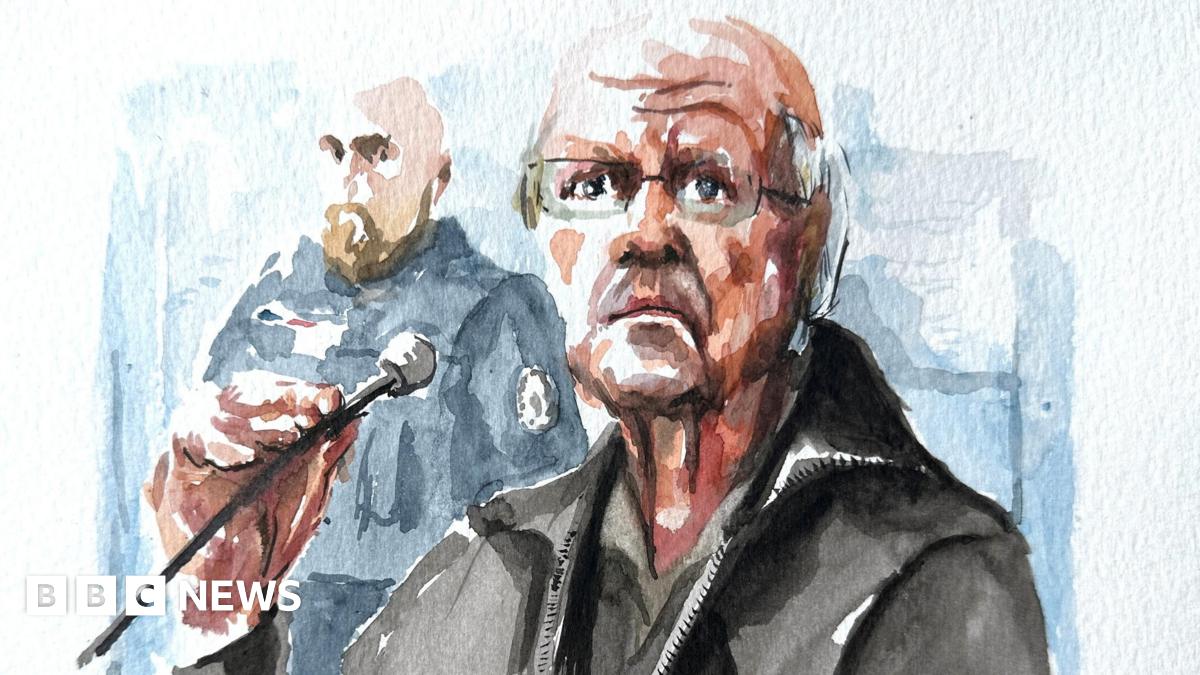France to Build 'Super-Max' Jungle Prison in Amazon, Targeting Drug Lords
2025-05-24

Daily Mail
France is taking a firm stance against drug trafficking with the ambitious construction of a high-security 'super-max' prison deep within the Amazon rainforest. Located in Saint Laurent du Maroni, French Guiana, this sprawling 40,700 square meter complex is designed to house the country's most dangerous criminals, particularly drug lords. Justice Minister Gérald Darmanin announced the project on Sunday, highlighting its significance in combating organized crime.
A Fortress in the Jungle: Design and Security
The new prison isn't just about location; it's about unparalleled security. The design incorporates cutting-edge technology and robust physical barriers to prevent escapes and maintain order. Details are still emerging, but reports suggest reinforced concrete, advanced surveillance systems, and a significantly increased number of guards compared to existing facilities. The remote jungle location itself adds another layer of security, making escape incredibly difficult. The facility is designed to hold approximately 380 inmates, with a focus on those convicted of serious drug offenses and other violent crimes.
Why the Amazon? The Strategic Location
The choice of Saint Laurent du Maroni is strategic. Located in French Guiana, a region bordering Brazil and Suriname, it’s an area with a complex history involving drug trafficking routes. Building the prison there sends a clear message: France is serious about disrupting these networks. The remoteness also minimizes the risk of external interference or support for potential escape attempts. Furthermore, the prison's presence could potentially deter future criminal activity in the surrounding region.
Darmanin's Hardline Approach & Public Reaction
Justice Minister Gérald Darmanin is known for his tough-on-crime policies, and this project is a prime example. He believes the new prison is essential for isolating and incapacitating key figures in drug trafficking organizations. The announcement has been met with mixed reactions. While many support the government's efforts to combat crime, others have raised concerns about the cost of the project (estimated at over €300 million) and the potential for human rights issues within such an isolated and restrictive environment. Critics question whether the funds could be better allocated to preventative measures and rehabilitation programs.
Implications for Drug Trafficking and Beyond
The construction of this 'super-max' prison signals a significant escalation in France's fight against drug trafficking. It’s likely to have a ripple effect, potentially prompting other countries to adopt similar strategies. Beyond drug offenses, the prison could also be used to house other high-risk criminals deemed a threat to public safety. The project raises important questions about the balance between security, justice, and human rights, and its long-term impact on the region remains to be seen. The French government is keen to demonstrate that this investment will yield tangible results in terms of reduced crime and enhanced public safety.
The project is expected to be completed within the next few years, and its success will be closely monitored by law enforcement agencies and policymakers both in France and internationally.






